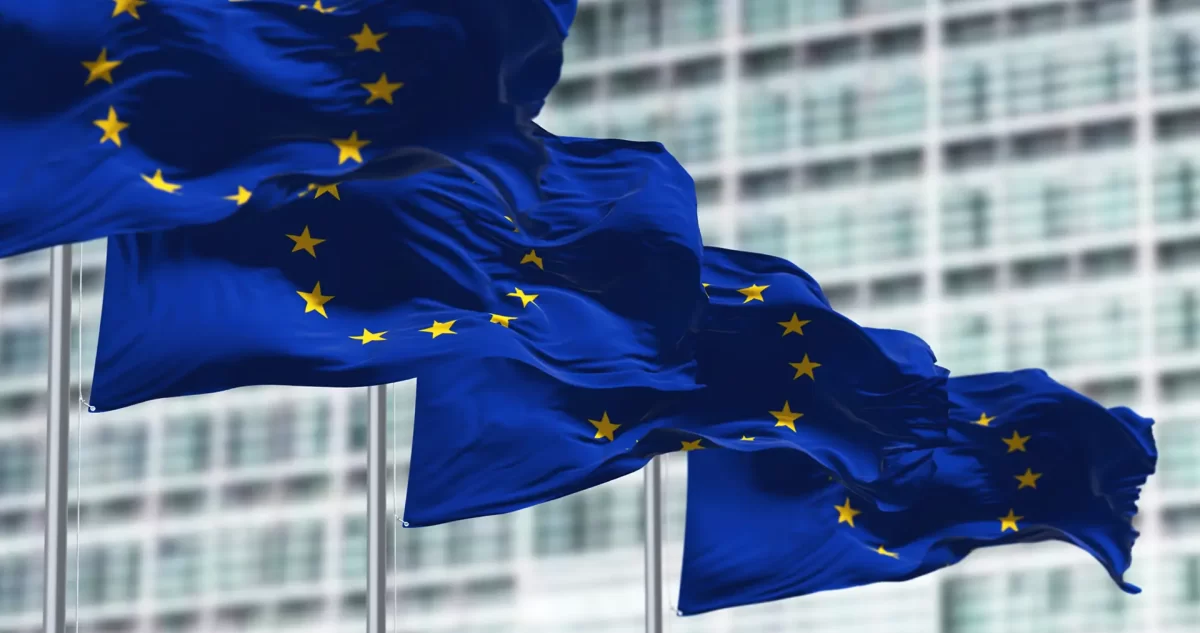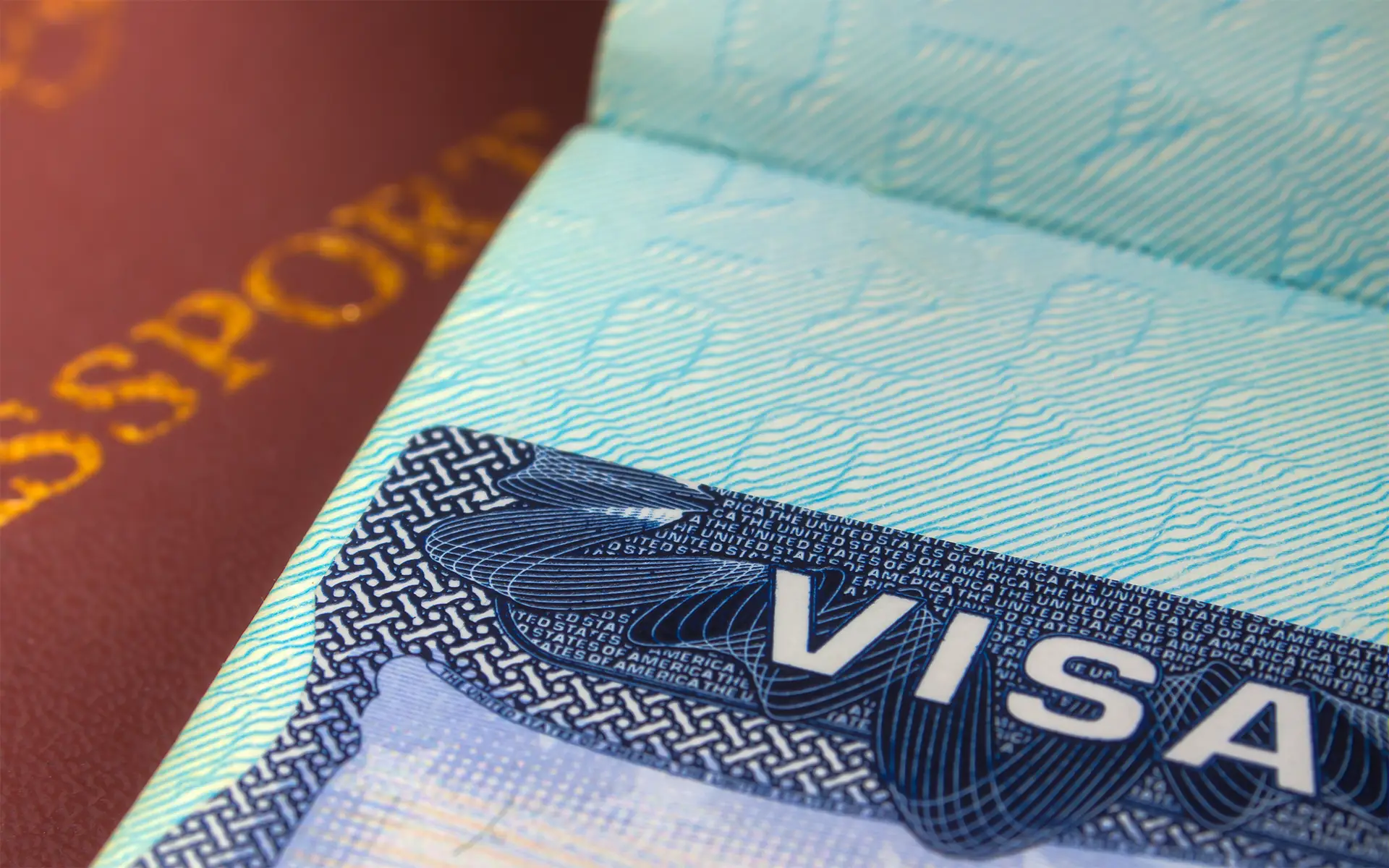
EU Council adopts new rules for digital transformation of Schengen visa applications
The European Union Council, on Monday, November 13, 2023, adopted two new regulations facilitating the digitalization of Schengen visa procedures. This pivotal move will enable prospective travelers to the Schengen Area to apply for visas online shortly.
Fernando Grande-Marlaska Gómez, the acting Spanish Minister for the Interior, stated that this digital shift would yield dual benefits: simplifying the visa application process for travelers and easing the administrative burden on governmental bodies responsible for processing these applications, enhancing their efficiency and responsiveness.
To implement this digitalization, the EU, through its agencies, will establish an online platform for Schengen visa applications. Applicants will complete all procedures online, including filling out personal information, uploading electronic copies of required documents, and paying visa fees. Additionally, the current physical visa sticker will be replaced with a cryptographically signed barcode.
With this digital transformation, the need for in-person attendance at embassies, consulates, or visa centers in Schengen countries for visa applications will become unnecessary, except in specific instances. These instances include first-time applicants, those needing to renew their biometric data, and applicants using a new passport. This advancement is particularly beneficial for frequent Schengen Area travelers, enabling them to process their visa applications entirely online.
Following the signing of the new regulations concerning the visa platform and the elimination of the visa sticker, they will be published in the EU Official Journal and come into effect 20 days after publication. The actual implementation date for the complete digitalization of Schengen visas will be determined later, pending the completion of technical work required for the visa platform and digital visa application.
The European Commission initially proposed the digitalization of Schengen visa procedures in April 2022. After a lengthy approval process, the proposal received the EU members’ endorsement on January 31, 2023. Subsequently, on June 13, 2023, the EU continued its efforts towards digitalizing Schengen visa procedures, with the Council and Parliament negotiators agreeing on the digitalization rules.
The Schengen Area represents the world’s largest zone of free movement, encompassing 27 European countries that have abolished internal borders and adopted a unified visa policy. A Schengen visa obtained from any of these countries allows the holder to visit all the countries in the area without requiring additional visas.




































































































